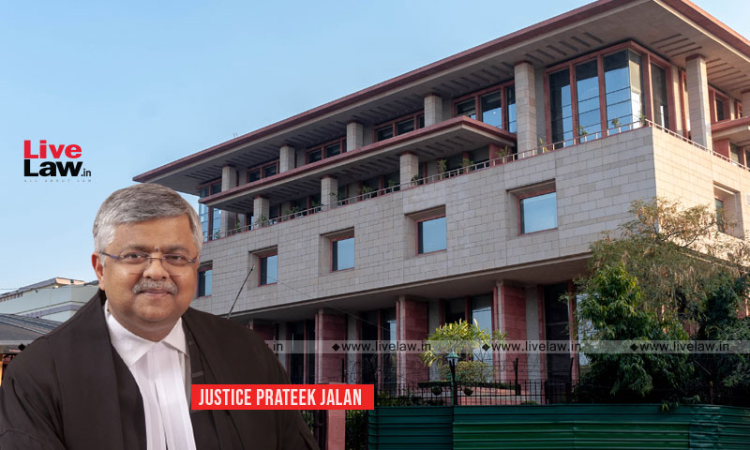Requirement Of Notice Of Arbitration Is Not A Mere Technicality: Delhi High Court
ausaf ayyub
4 Dec 2022 9:02 AM IST

Next Story
4 Dec 2022 9:02 AM IST
The High Court of Delhi has held that a notice of arbitration is sine qua non for commencing an arbitral proceeding and invalidity of invocation goes to the very root of the matter and hits the jurisdiction of the Court to entertain applications arising out of the arbitration proceedings. The bench of Justice Prateek Jalan held that requirement of a notice of arbitration is not a...
